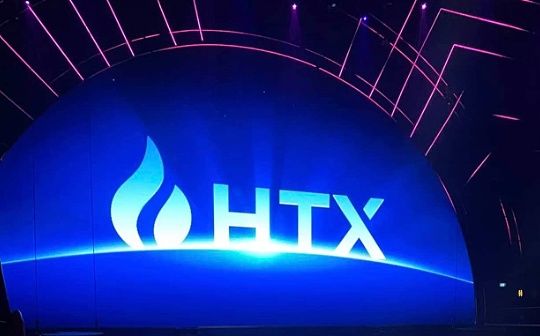
Author: Jamie Crawley, CoinDesk; Compiled by: Tao Zhu, Bitchain Vision
-
Synder said the lack of pledge is unlikely to cause concern among institutional investors, but retail investors may feel uneasy.
-
This difference in demand means that suppliers have potential business reasons to list individual, different products to meet the needs of both camps.
Ophelia Snyder, co-founder of digital asset management company 21Shares, saidInstitutional investors are unlikely to worry that U.S. spot Ethereum (ETH) exchange-traded funds (ETFs) won’t pledge underlying tokens to provide additional returns, although retail investors are eager to build in this feature.
Snyder said in an interview that this difference means that suppliers have potential business reasons to list individual, different products to meet the needs of both camps.
Spot Ethereum ETF appears to be listed in the U.S. in the near future after the Securities and Exchange Commission (SEC) approved key regulatory documents for applicants last month.SEC Chairman Gary Gensler told Senators at a budget hearing last week that the final approval will be completed in the coming months.Potential suppliers have removed the pledge clause from their applications to avoid potential regulatory hurdles.
“One thing people forget is that pledging assets affects liquidity,” she said.“So, if Ethereum’s unlocking period was extended to 22 days (which does happen), how would you deal with it?”
Organizational preferences
Some people think thatLack of staking may dampen investors’ interest in Ethereum ETFs.JPMorgan said at the end of May that it expects $3 billion worth of capital inflows by the end of 2024.If staking is allowed, this number may double.
However, Snyder believes that the lack of pledge is not a problem for institutional investors.If so, they would like to see asset managers have an effective record of dealing with withdrawal delays, as this requires inherent risk management, she said.
“For example, some months have a depletion period of six or nine days, and this range can be very wide and it will change your liquidity requirements,” Snyder said.“And it doesn’t jump from nine to 22 days. It actually extends slowly, and if you monitor these things, you can use data input to manage your portfolio so you can maximize returns while maximizing the returns.Reduce the possibility of liquidity problems.”
21Shares is likely to master the institutional market.It is not only one of the existing spot Bitcoin ETF providers in the United States, but also one of the largest exchange-traded product (ETP) publishers in Europe.Its Ethereum ETP, including staking, has approximately US$532 million in assets under management.Its SOL equivalent is $821 million.The company is also applying for U.S. spot Ethereum ETF.This clearly excludes pledge as a source of income.
There is another issue to consider: government treasury.She said it is not clear how the United States will handle pledge rewards from a tax perspective.
“If you want institutions to play, you need to start by making things simple,” she said.Non-staking products are “more acceptable” to institutional audiences, even if they are less popular among retail investors.








